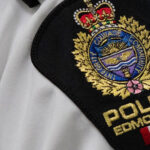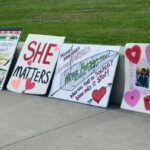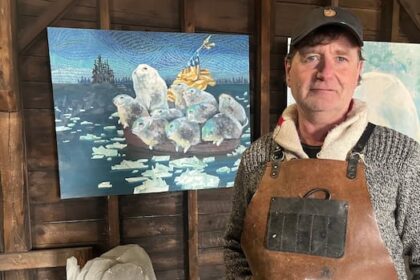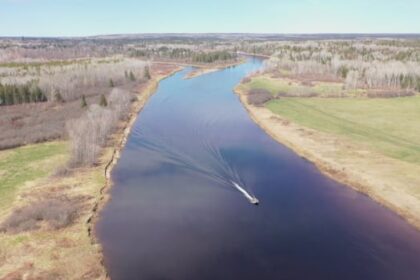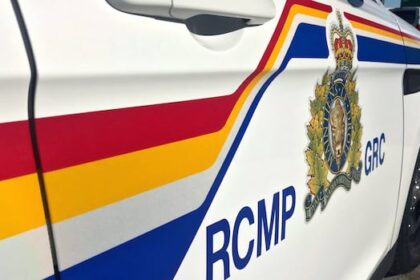The head of Elections Canada was in Kuujjuaq, Nunavik Tuesday to apologize for issues Nunavimmiut faced on the federal election day in April. “I deeply regret what took place in Nunavik, I apologize to each and every one of you and your community members for our failure to deliver the voting services that you should have been able to count on during the election,” said Stéphane Perrault to representatives of the Kativik Regional Government (KRG). On the April 25 voting day, polls in some Nunavik communities closed as early as 2:30 p.m., leaving some people unable to cast a ballot. Among the issues was that Elections Canada was only able to recruit about half the people needed to run polling stations in the area on election day and were forced to rely on workers who were flown in for the rest. Nunavik is located in the northern most reaches of Quebec, a vast territory with 14 Inuit communities that are part of the federal riding of Abitibi—Baie-James—Nunavik—Eeyou. Indigenous Services Minister Mandy Gull Masty won the seat. Elections Canada is the arms-length agency responsible for overseeing federal elections. “People were left out in the cold when they were lined up to vote,” said Maggie Putulik in Inuktitut following Perrault’s speech. Putulik, an assistant director general for KRG, accompanied a team of Elections Canada officials on a recent 10-day fact finding inquiry that visited four Nunavik communities: Puvirnituq, Kuujjuarpik, Salluit, and Kuujjuaq. “In advance of the final report, I can now say that Elections Canada’s failure to deliver services in Nunavik was due to a lack of engagement and planning with communities and unacceptable oversight by Elections Canada, which did not catch or address those issues the way they should have,” said Perrault, who added that the final report will be published to the Elections Canada website in the Fall. Perrrault also emphasized the importance of hiring Inuit to work elections in their own communities. “This should have involved working and engaging community leadership well in advance of the election to plan voting services that would best respond to the needs of each community, and to hire community members to serve their neighbours. That’s our operating model. Neighbours serving their neighbours, not flying poll workers in on polling day. That’s not how you operate,” added Perrault. For her part, Putulik was encouraged that the Elections Canada fact finding team was able to engage with a wide sample of Nunavimmiut (Inuit from Nunavik), from youth to Elders. “The outcome is something to learn from,” said Putulik through an interpreter. “There were 18 [radio] callers in Puvirnituq, they expressed a lack of [electoral] servicing.” Elections Canada also committed to work with educational authorities to co-develop civic education programming with schools. “It is very encouraging to see Elections Canada coming and also talking to make changes,” said KRG Regional Councilor Charlie Nowkawalk, who expressed concern about low turnout amongst Inuit in all elections “What more can we do to make changes in the elections, and with the youth [participation]?” Perrault said the first order of business is to hire a returning officer, who will be tasked with setting up offices and hiring staff in Nunavik. While most in the room expressed confidence that the issues that plagued Nunavik in April’s election can be addressed, for Perrault, there’s a sense of urgency to get there fast. “In the context of a minority federal government we must be ready to deliver an election at any time…it could happen anytime,” emphasized Perrault. Continue Reading
Thats not how you operate: Head of Elections Canada apologizes to Inuit over voting issues.
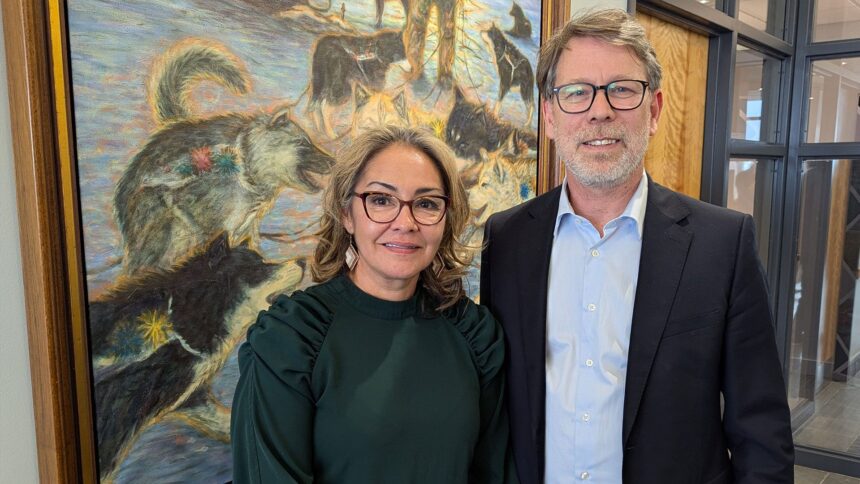
Leave a Comment


